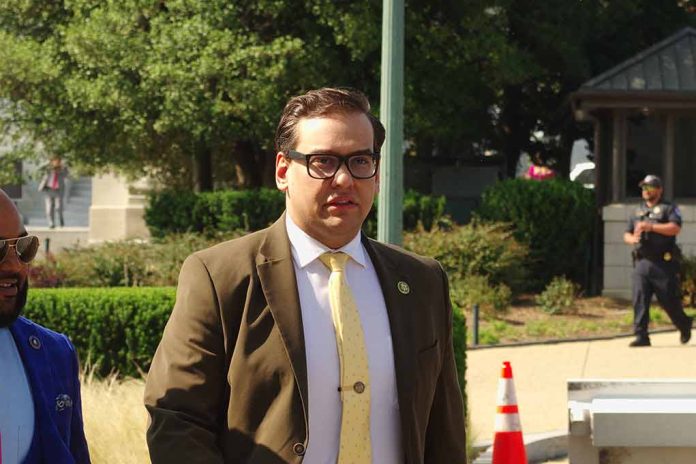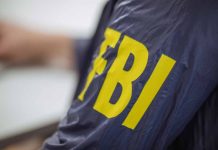
Ladies and gentlemen, let’s delve into the saga of George Santos. Santos, a man whose political career has been marred by allegations of dishonesty, is in the middle of a fraud trial. Now, in a move that has some eyebrows raised, he’s requesting a partially anonymous jury. The reason? Extraordinary media attention and concerns about juror safety and impartiality.
Background on George Santos
Santos was elected in 2022, representing parts of Queens and Long Island. However, his tenure was short-lived, as he was expelled from the U.S. House of Representatives in December. His fall from grace accelerated when he dropped his independent congressional bid in April.
George Santos seeking anonymous jury; govt wants campaign lies admitted as evidence as trial nears https://t.co/yjeNapn3qz
— Daily Press (@Daily_Press) August 8, 2024
Request for Anonymous Jury
Santos’ legal team is pushing for anonymity for jurors, attributing this necessity to the intense media scrutiny and potential risks to juror safety. According to the request, jurors’ identities should be known only to the judge, both parties, and their attorneys. The defense argues that the political nature of Santos’ case, coupled with the media circus, could compromise juror impartiality.
Prosecution’s Strategy
Federal prosecutors have their sights set on using Santos’s campaign lies as evidence in the fraud trial. These mistruths allegedly include false claims about his education and work history. It’s a strategy aimed at highlighting Santos’ pattern of deceit, potentially swaying the jury’s opinion against him.
Role of Media in Political Trials
In today’s 24/7 news cycle, the media plays an outsized role in shaping public opinion, including jury perceptions. The case of George Santos is no exception. Various media outlets have painted him as a serial liar, a portrayal that may have already colored public sentiment well before the trial.
Historical Context
High-profile political trials are not new, and neither is the media’s role in influencing jury perceptions. The challenge of ensuring a fair trial in such an environment cannot be understated. Historical examples include trials like Watergate and the Clinton impeachment, where media coverage played a significant role in shaping public opinion.
Legal and Ethical Considerations
The request for an anonymous jury brings up both legal and ethical questions. Legally, the argument rests on the grounds of ensuring juror safety and impartiality, given the extraordinary media attention and potential risks involved. Ethically, there’s a balancing act—ensuring that anonymity doesn’t undermine transparency or the essence of a jury trial.
George Santos’ request for an anonymous jury introduces another layer of complexity to his already convoluted legal saga. As we’ve discussed, the media’s role in shaping public and juror perceptions is significant, making the quest for impartiality more challenging. Ultimately, the importance of a fair trial remains paramount, and it will be intriguing to see how this request plays out in court.
Sources
- https://apnews.com/article/george-santos-fraud-case-charges-8f869a6afbd97be3bed20db0be523809
- https://abcnews.go.com/US/wireStory/george-santos-seeking-anonymous-jury-govt-campaign-lies-112659834
- https://ktvz.com/news/2024/08/07/george-santos-seeking-anonymous-jury-govt-wants-campaign-lies-admitted-as-evidence-as-trial-nears/





